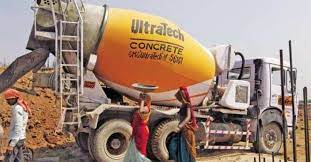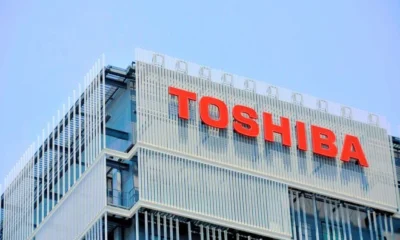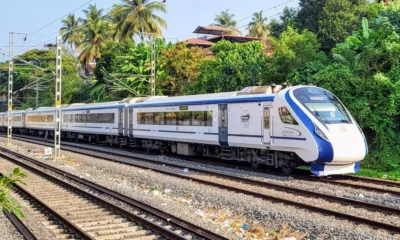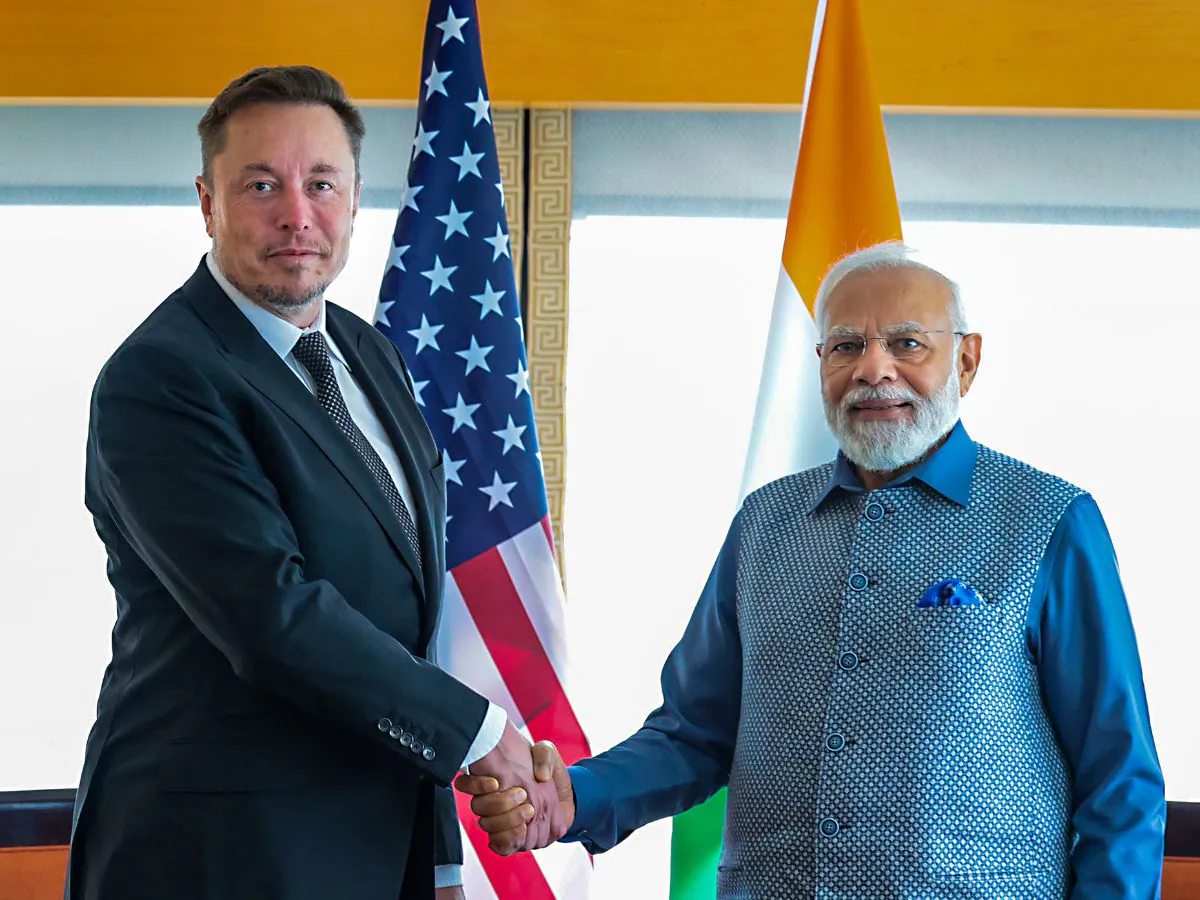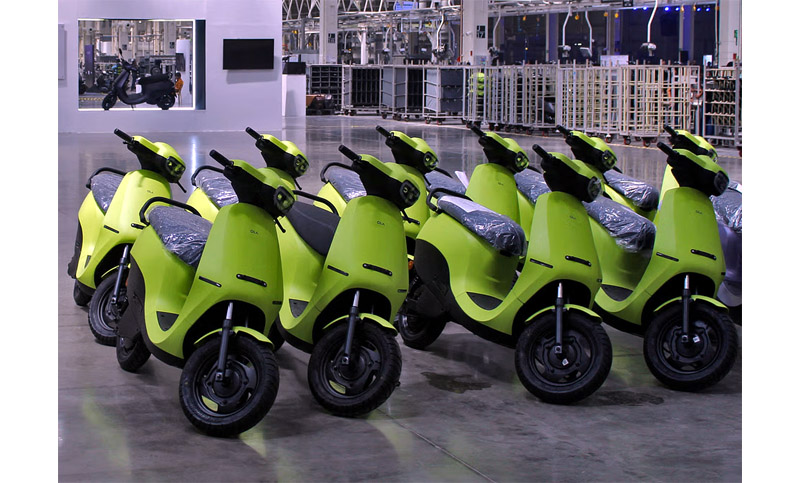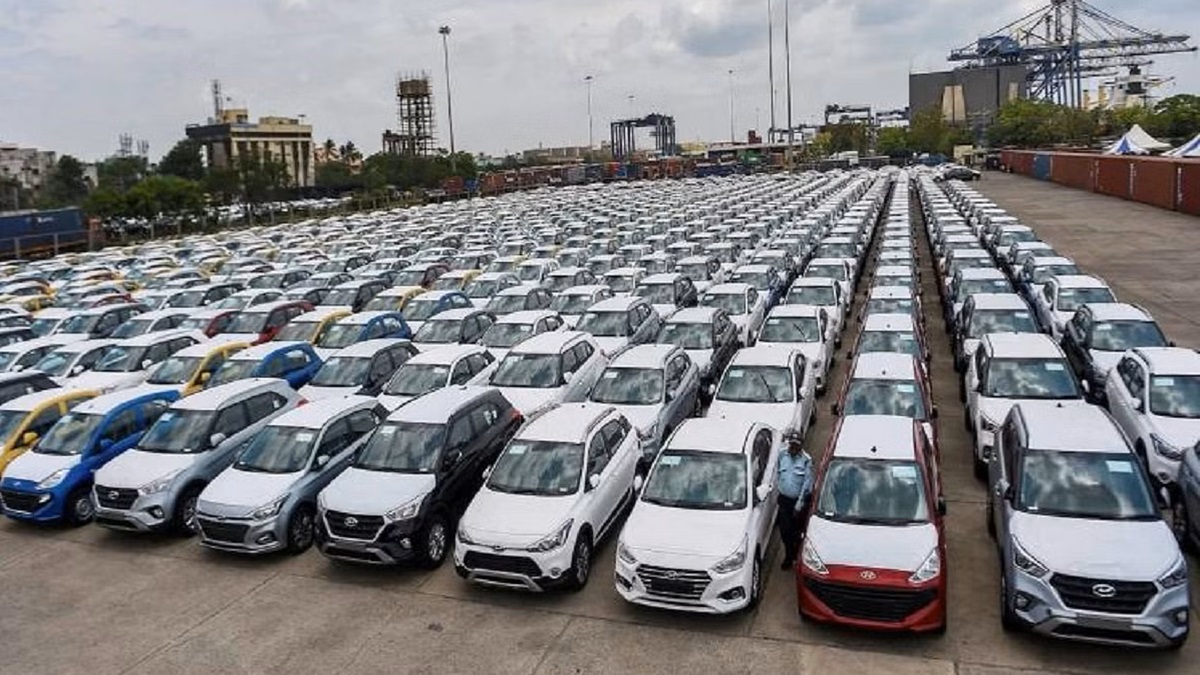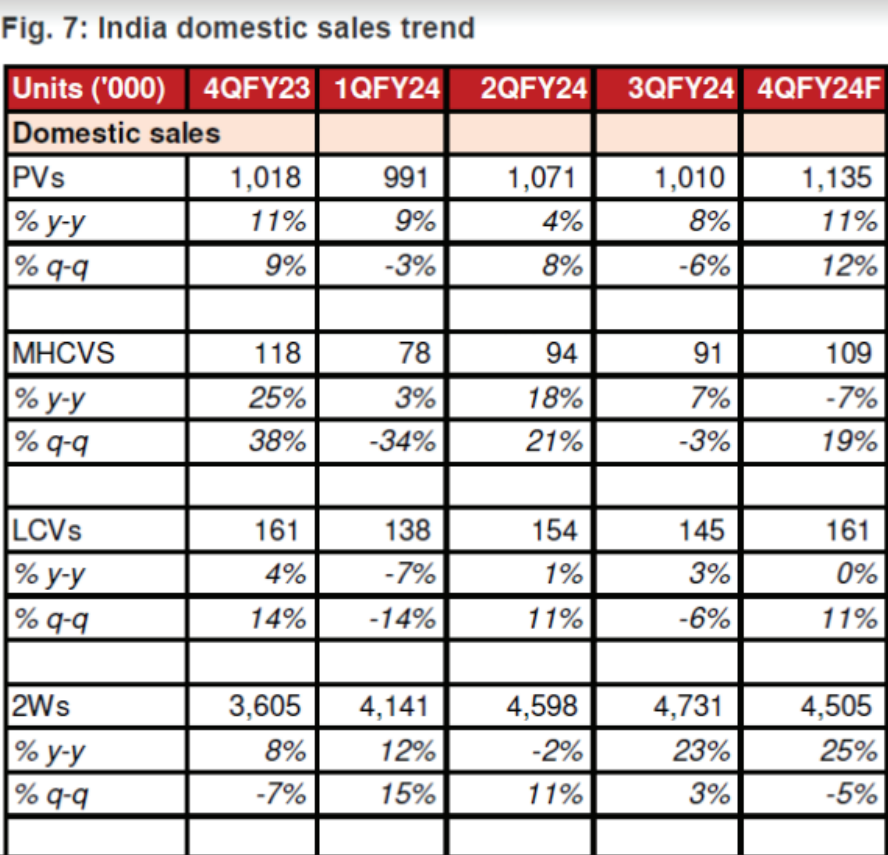Auto
South Korea’s Hyundai invests $51 billion in EVs over 3 years
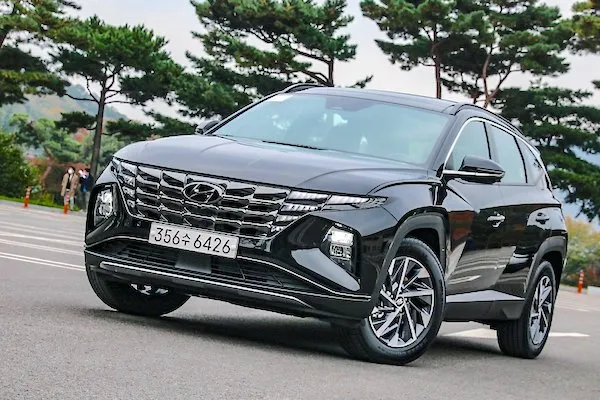
The Daily Guardian is now on Telegram. Click here to join our channel (@thedailyguardian) and stay updated with the latest headlines.
For the latest news Download The Daily Guardian App.
Auto
Tesla slashes prices by $2,000 on 3 EVs amid 39% YTD share drop due to falling sales
Auto
Musk delays India visit due to ‘Heavy Tesla obligations
Auto
MG Motor India targets rural growth with tier iii, iv expansion
Auto
Ola Electric slashes entry-level e-scooter prices by up to Rs 10,000
Auto
India’s Auto exports fall 5.5% in FY24 amid monetary crisis
Business
PVs keep auto sector firing in FY24 post 12.5% growth, sales of 42 lakh units
-

 Opinion2 years ago
Opinion2 years agoPakistan-China nexus trying to sow doubts in Indian society about governance systems
-

 Fashion7 years ago
Fashion7 years agoThese ’90s fashion trends are making a comeback in 2017
-

 Entertainment7 years ago
Entertainment7 years agoThe old and New Edition cast comes together to perform
-

 Entertainment7 years ago
Entertainment7 years agoThe final 6 ‘Game of Thrones’ episodes might feel like a full season
-

 Opinion2 years ago
Opinion2 years agoEnvironment day with a missing spring and lost souls
-

 Business News2 years ago
Business News2 years agoIndia Becomes World’s 5th Biggest Economy
-

 Policy&Politics2 years ago
Policy&Politics2 years agoA successful SME must understand his 5 wives
-

 Business News2 years ago
Business News2 years ago‘75K STARTUPS DEFINE THE POWER OF INNOVATION’

